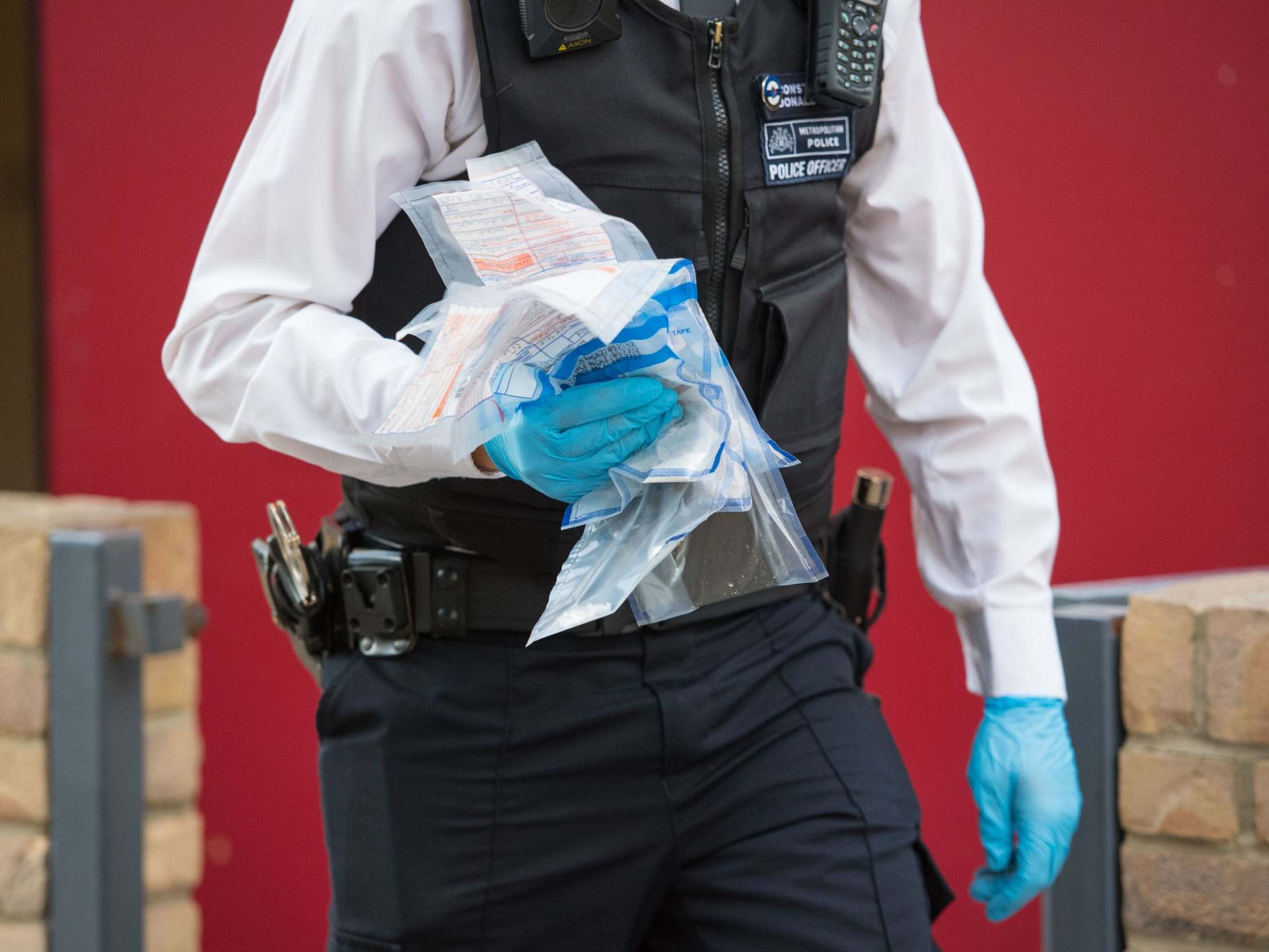Police seizing control of ‘county lines’ drug dealers’ numbers and texting users
Pilot scheme sees officers swipe gang numbers and message customers telling them: get help before you get caught

Police are seizing control of drug dealers’ phone numbers and texting their customers as they battle with the ongoing problem of county lines.
The pioneering technique sees officers use special powers to request telecommunications companies turn over mobile numbers to their control.
Police then message users from the seized line to tell them they are breaking the law and should get help before they get arrested.
The scheme is being piloted in Sussex, where smaller seaside towns have been particularly hard hit by county lines operations.
But, if successful, it is expected to be rolled out across the country in 2020.
Detective Superintendent Jo Banks, senior detective with Sussex Police, said: “It’s a disruptions tool.
“But actually what we are then doing is messaging out to the users from that line to say what the alternatives are for them to actually get some help and try and get out of providing that demand for the drugs line in the first place.
“We would never say it’s the golden goose, it’s never the answer. But, actually, as a disruption tactic, it is very useful.”
County lines is the term given to the relatively new phenomenon of big city drug gangs expanding their operations into smaller towns, often by using violence to drive out local dealers and exploiting children to sell their illegal wares. These gangs tend to use dedicated mobile phone lines to take orders from their new customers.
Det Sup Banks added that her force had also now taken to warning Airbnb owners that small town operations were being increasingly set up in such properties.
Ms Banks said: “People need to be aware, particularly if they own the Airbnb, if they’ve got second homes or whatever, and they’re hiring them out, actually what they’re being used for.”
She added that another challenge is how to stop children from becoming involved when they are often specifically targeted as both potential users and runners by gangs.
“What they are getting in for they don’t really realise until they’re in it,” she said. “They are offered free drugs or offered something else, some perks, so they feel a sense of belonging and then all of a sudden it’s not free anymore and they owe a debt for it.
“That then very quickly starts to spiral and kids, they don’t have the ability to be able to see how they can get out of it until it’s gone down that path.”
She said dealers often have “eyes and ears on the ground” and know the places where children hang around.
“They know who they’re looking for as well,” she said.
“They know how to spot kids that they can approach who are then going to take the free deal and then become hooked into this world.”
Join our commenting forum
Join thought-provoking conversations, follow other Independent readers and see their replies
Comments